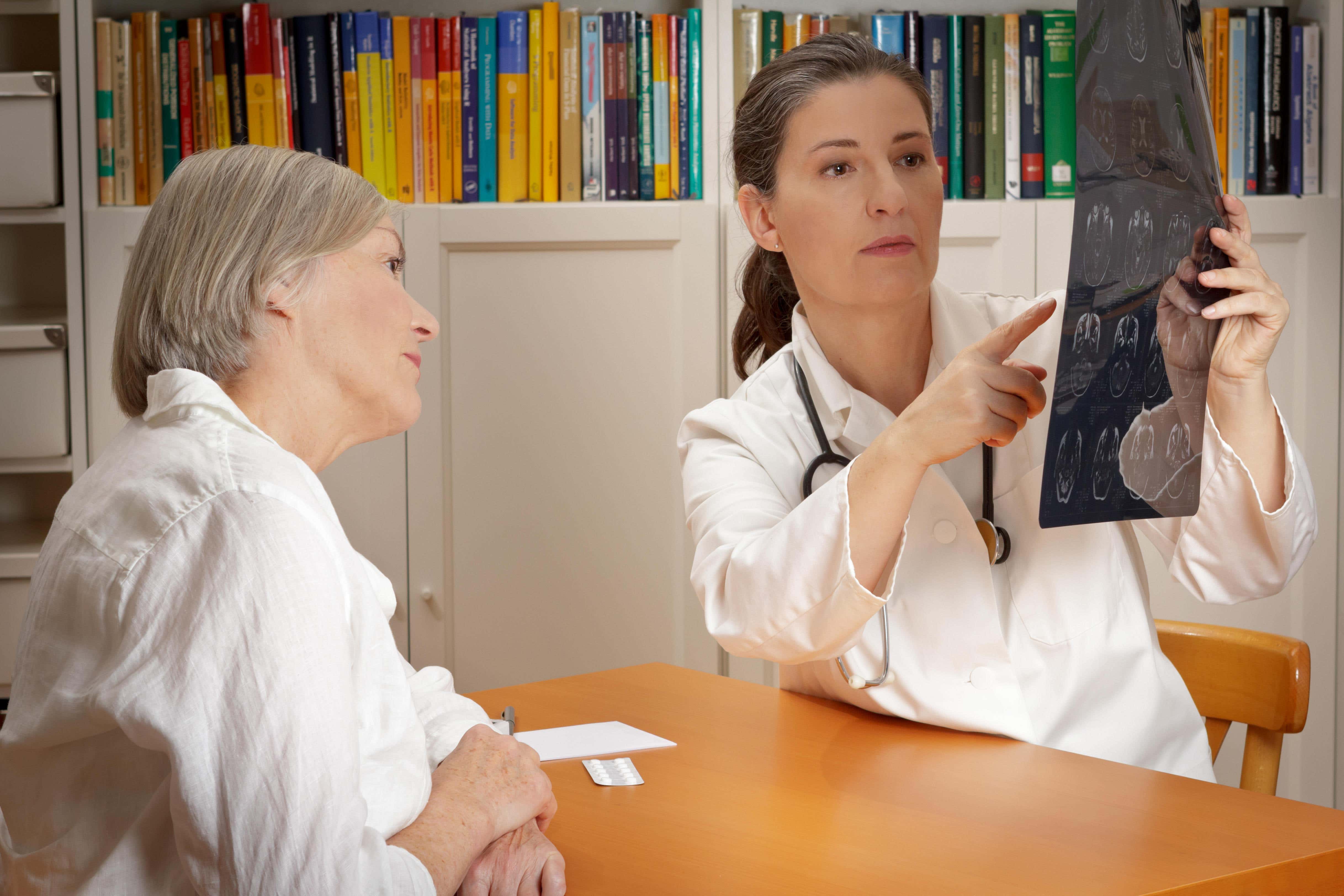A new initiative is set to explore the potential of repurposing existing medications to combat the symptoms of both Alzheimer’s and Parkinson’s diseases, aiming to accelerate the discovery of novel treatments.
Experts involved in the project suggest that this innovative drug development strategy could significantly reduce the waiting time for patients to access new therapies, potentially by up to a decade.
They highlight that by repurposing drugs already in use, scientists can "increase the shots on target" in the fight against these debilitating conditions.
This urgent push for alternative treatment pathways follows a recent decision by the NHS spending watchdog, the National Institute for Health and Care Excellence (Nice).
The watchdog concluded that the benefits of these new treatments were "too small" to justify their considerable cost, preventing their broader adoption across the NHS.
In response, charities Cure Parkinson’s and Alzheimer’s Research UK have united their efforts.

Their joint mission is to identify existing drugs that could effectively target the common biological mechanisms underpinning both neurodegenerative diseases, offering a promising new avenue for research and treatment.
After presentations to the International Linked Clinical Trials (iLCT), which was set up by Cure Parkinson’s over a decade ago, experts from both fields will select the most promising drugs for both Parkinson’s and dementia, so they can be moved quickly into clinical trials.
Weight loss jabs are already being investigated for their effectiveness in treating symptoms of both diseases and experts hope to uncover more drugs that can have multiple uses.
Semaglutide, the active ingredient for weight loss and diabetes drugs Wegovy and Ozempic, is being examined in clinical trials to see whether it can help patients with Alzheimer’s disease or Parkinson’s.
Trial results for the Alzheimer’s trial are expected to be published later this year.
Dr Sheona Scales, director of research at Alzheimer’s Research UK, told the PA news agency that the iLCT project had already been “hugely successful” with people who have Parkinson’s, adding: “Around 30 per cent of disease modifying therapies that are in clinical trials for Parkinson’s disease came through this process.
“What we wanted to do is to build on their knowledge and experience and expertise in order to be able to bring a process similar to that to Alzheimer’s disease.”
Dr Scales said that there are some “common grounds” between Parkinson’s and Alzheimer’s – both are neurodegenerative diseases and have some “common biological processes” – such as inflammation, mitochondrial dysfunction and “protein misfolding” – which could be targets for repurposed drugs.

“Getting multiple drugs that are targeting the disease is really important to us,” she said.
“Testing different types of drugs and getting as many shots on target is important.”
She said: “Repurposed drugs have already been demonstrated to be safe for use in humans development of new drugs for different diseases is a long process.
“What essentially bringing repurposed drugs does, is help to accelerate the drug development pipeline – it could save between five and 10 years within that process, compared to taking a new drug through clinical trials for the very first time.”
Helen Matthews, chief executive of Cure Parkinson’s, said the iLCT was originally set up to identify drugs that can potentially “slow down, stop or reverse Parkinson’s”.
She added: “It was through this programme that we realised that there were so many drugs that were also being looked at in the dementia field and there were commonalities there in terms of the drugs looking to reduce inflammation, or whatever it might be, there were specific pathways that those drugs were working on that could be beneficial for both disease areas.
“So given that we were already doing the (work) every year, it made sense to join forces in this way, just to add efficiencies.
“Because if you’re looking at the same drugs, we’ll only do that digging once, you know, only do that compilation of the dossiers once, so that you can actually take the learning for both diseases and then actually look and see which might be beneficial.”
She said that the “sharing of knowledge and digging” could also be shared with other disease areas, such as MS.
And on lecanemab and donanemab, Dr Scales added: “(These) were the first disease-targeting therapies that have been licensed in the UK, but obviously are not available on the NHS at the moment.
“They showed for the very first time that we were able to alter the course of the disease.
“And what we’re looking forward to now is what the next generation of treatments can bring us and how we can target different parts of the disease.”
Dr Lucy Devendra, head of research at Alzheimer’s Society, said: “Repurposing medicines which are already known to be safe can help us find new treatments for the diseases that cause dementia much quicker.
“Although it is still early days, it’s encouraging to see a renewed focus on this type of research and development.”
Untrained people offering Brazilian butt lifts in ‘public toilets’
Nine small health issues that might be an early sign of lung cancer
Parents of twins with same debilitating illness describe ‘nightmare’ NHS battle
Women issued safety warning over period tracker apps
More robotic surgeries planned to speed up patient care
Scientists make new discovery that could help prevent liver cancer







